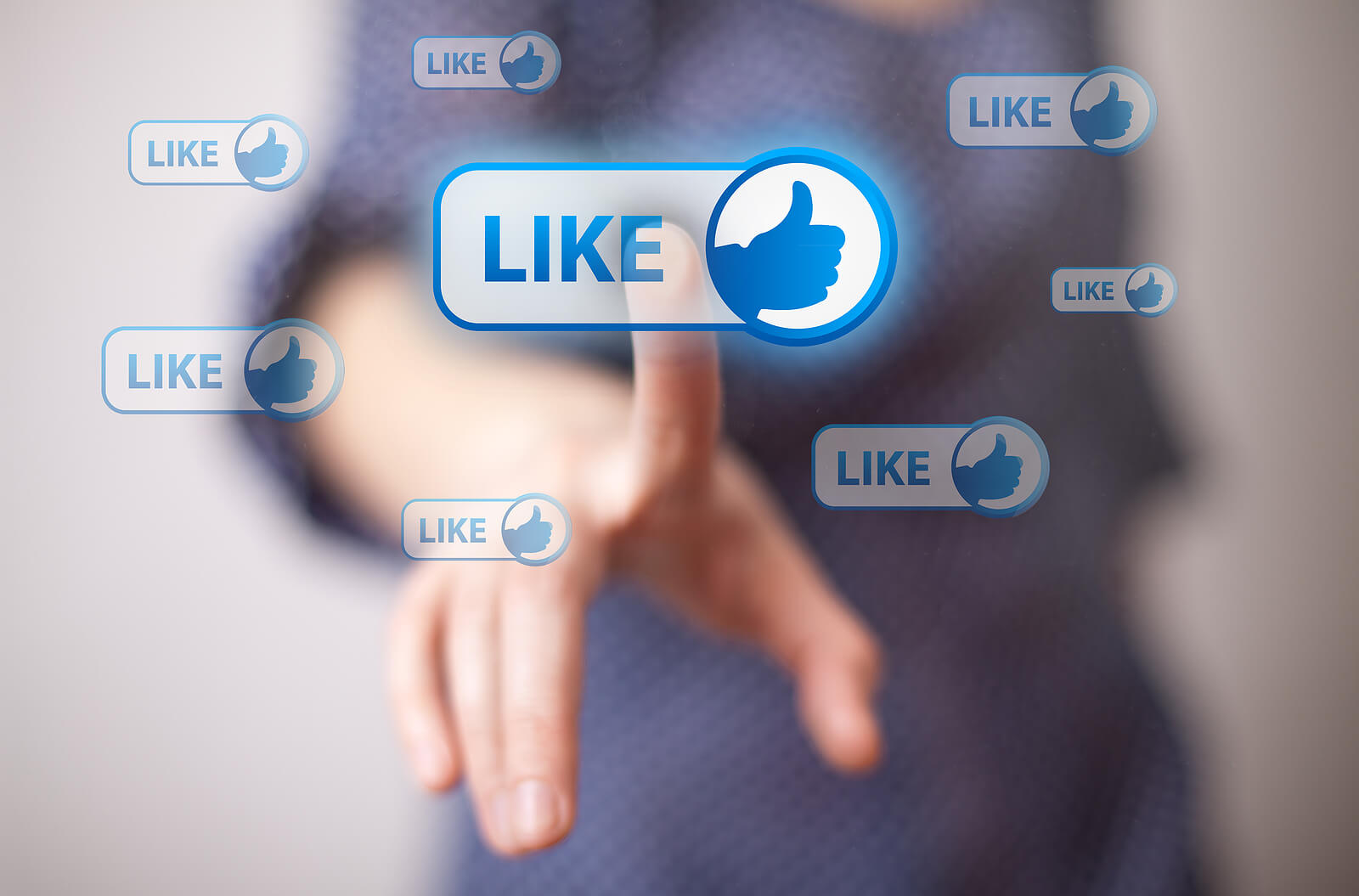
Social media is pervasive, and most of us probably maintain at least one social media account. While social media can provide a platform for connecting with friends and loved ones and staying up-to-date with current information, sometimes the content on social media is inaccurate. In addition, you may be heavily influenced by what you see on social media, and sometimes this influence may be harmful.
For example, one trend that has come to light is the sharing of information about mental health on social media platforms, especially TikTok. While this trend can raise awareness and reduce some of the stigma associated with mental illness, it can also come with a drawback: people may see influencers posting about a mental health diagnosis, and use this information to diagnose themselves. This can be problematic, because only a licensed mental health professional can make an accurate diagnosis.
Mental Health on TikTok
Recent headlines tell the tale of the mental health movement that has made headway on TikTok, and the news isn’t all bad. For instance, a recent USA Today article explains that therapists are using TikTok as a platform to educate the public about mental health, while advocates produce content to reduce some of the stigma regarding getting treatment. No one would deny that these aspects of the mental health movement are beneficial, but the problem arises when people take general information from these platforms and use it to diagnose themselves.
Certainly, educational material shared by therapists can be informative and may draw your attention to some of your own mental and emotional challenges, but that doesn’t mean that the specific information shared by a TikTok influencer or therapist applies to your situation. Even licensed, credible mental health professionals on these platforms are unaware of your unique situation, and the information they share for educational purposes should be used solely for that: education.
An informative TikTok video may give you some baseline knowledge that helps you to better understand mental illness, but it’s important to follow up with a one-on-one assessment with a mental health provider if you feel that you have a mental health condition that requires professional intervention. Even therapists who have their own TikTok accounts caution that the app should not be used as a substitute for counseling.
Social Media and Overdiagnosis
While most would agree that social media’s role in reduced stigma and increased education surrounding mental illness is helpful, the downside to all the attention placed on mental health is that some people may be using social media to diagnose themselves, when in reality they are simply experiencing the normal ups and downs of life. For example, conditions like bipolar disorder and ADHD have become so normalized on social media, that users may innocently view content related to one of these conditions, and if they relate at all to the content creator’s message, they may assume that they also have a mental health condition.
Take ADHD, for example. We’ve all probably been distracted or forgetful from time-to-time, but if we catch a video of an influencer talking about their experience with ADHD, and that influencer mentions being distracted, we may jump to the conclusion that we, too, suffer from ADHD and must seek help. In reality, our experience with distraction may simply be normal human nature, but social media can convince us that there’s something more to it.
In some instances, people may even convince themselves that they have a mental health condition based upon what they have learned on social media, and the attention and sense of belonging they get from joining groups and conversations related to the condition can actually reinforce the diagnosis. Experts refer to this phenomenon as “Munchausen by Internet.”
Researchers have even begun to describe the issue of “diagnostic pressure” and “false positives,” which occur when a therapist or medical professional feels pressured to make a diagnosis and gives such a diagnosis when a person does not truly meet diagnostic criteria for the condition. One cause of these diagnostic pressures, according to researchers, is the fact that social media has popularized terms like ADHD and depression. Clients may come to an appointment having already diagnosed themselves with depression based upon what they have learned on social media, which may sway the clinician to diagnose this condition. Of course, if a person truly has depression, it is helpful to receive a diagnosis and proper treatment. On the other hand, being labeled with depression when one is simply experiencing temporary sadness in response to a major life event is probably not helpful.
The Bottom Line on Social Media and Mental Health
There is no harm in accessing mental health content on social media, but it’s important to recognize that sometimes the content on these platforms isn’t accurate. Even if the source of the content is reputable, it is essential to follow up with a professional Zestril online if you feel that a condition discussed on social media may apply to you. Social media may be a starting point that motivates you to take action, but it shouldn’t be the ending point. For instance, you may come to the realization through social media that you might be struggling with depression. If this is the case, your next course of action is to schedule an appointment with your physician or a mental health provider to discuss your specific symptoms.
If you’re experiencing symptoms of a mental health condition and feel that you need professional intervention, Mission Harbor Behavioral Health is here to help. We serve Santa Barbara and nearby Southern California locations, and we offer multiple levels of care, including intensive outpatient and partial hospitalization services. Contact us today to learn more about our service offerings.




